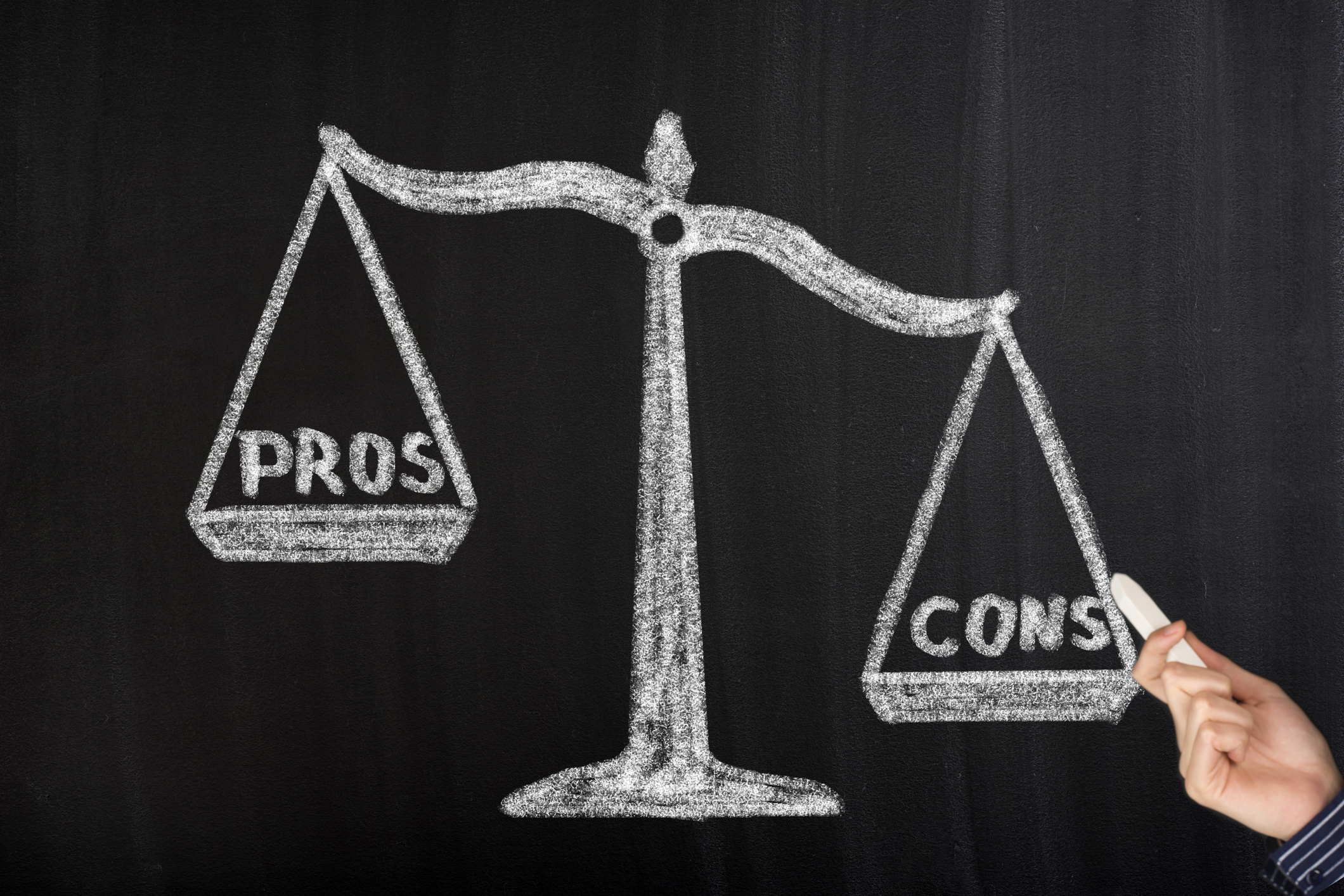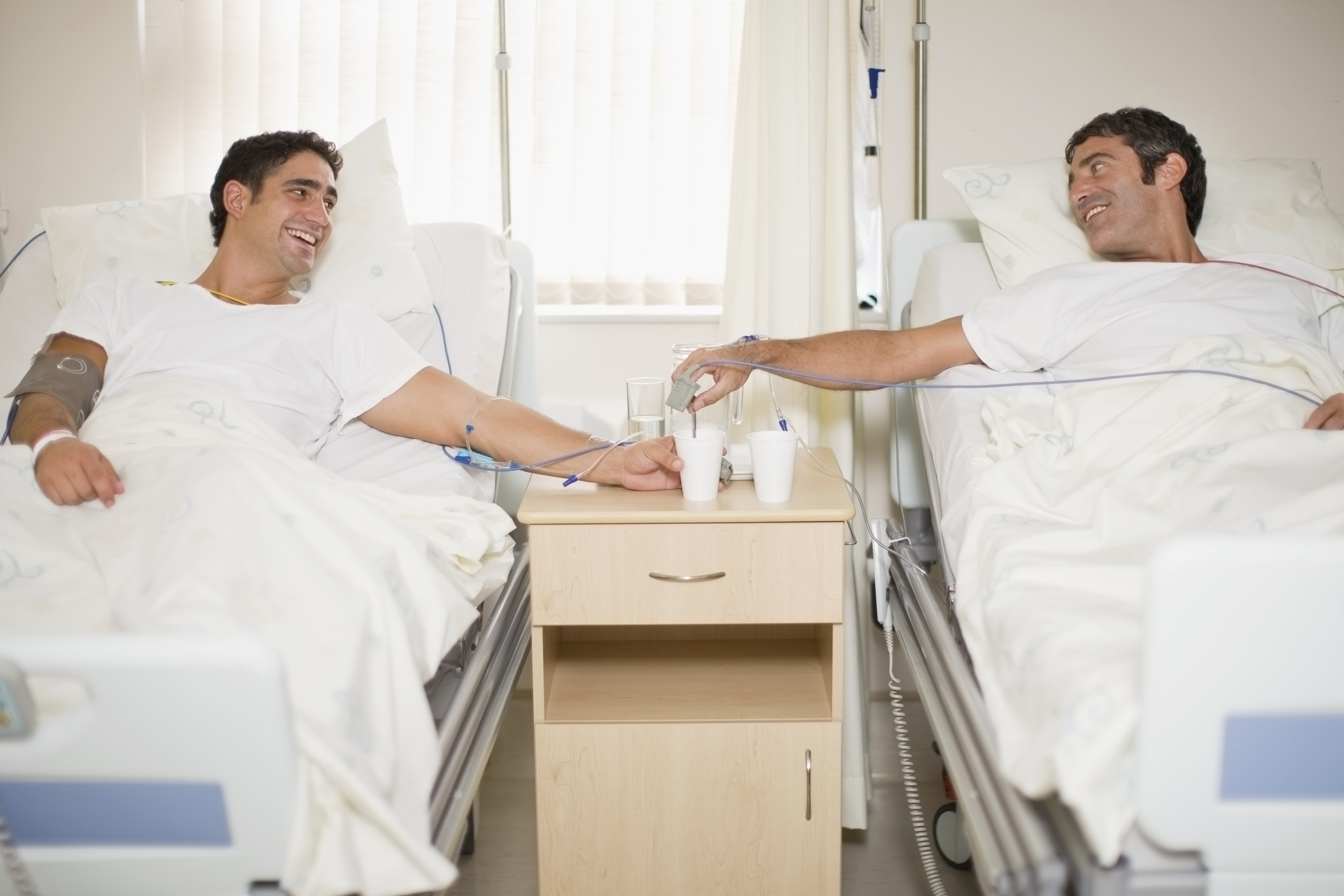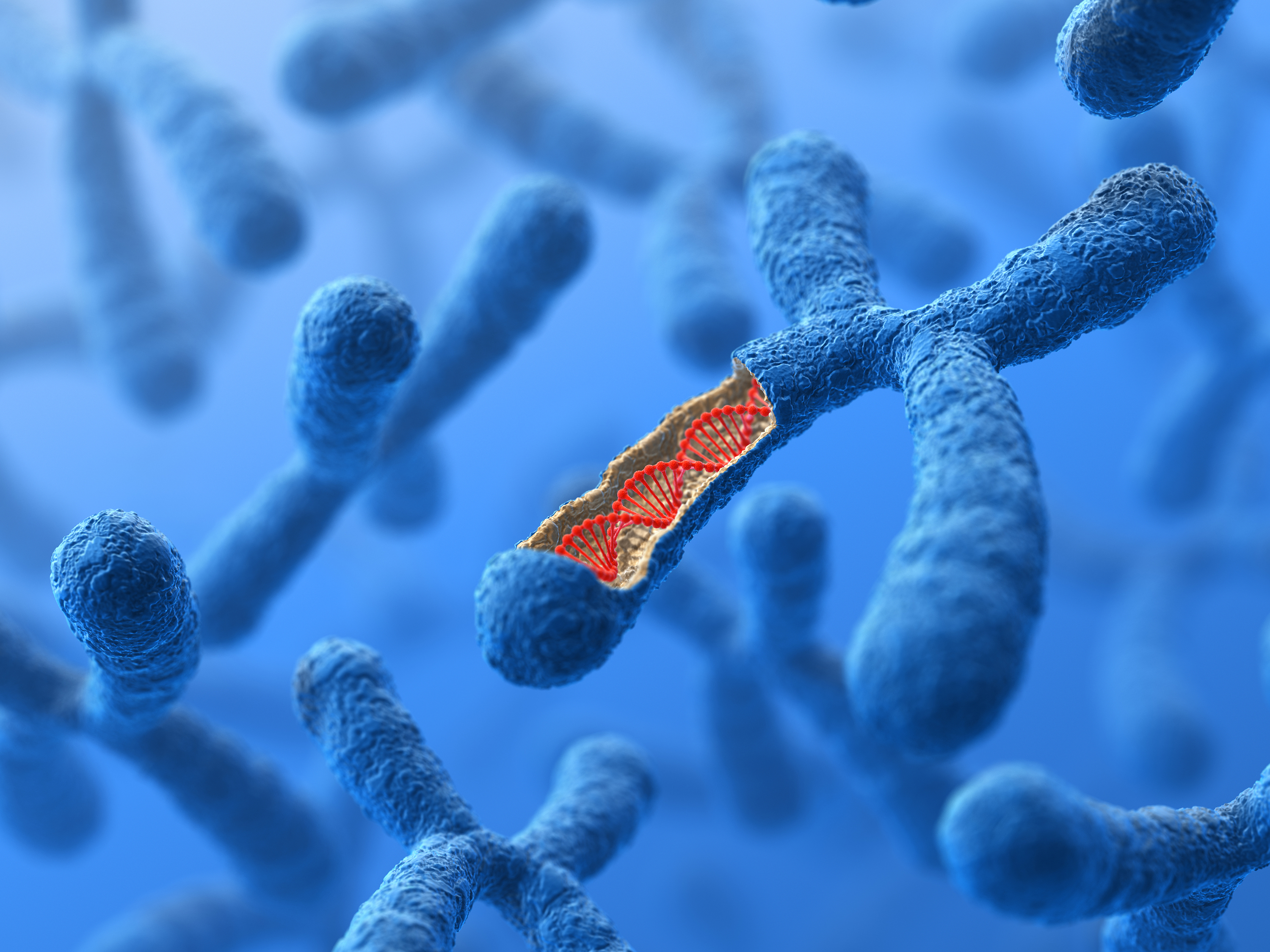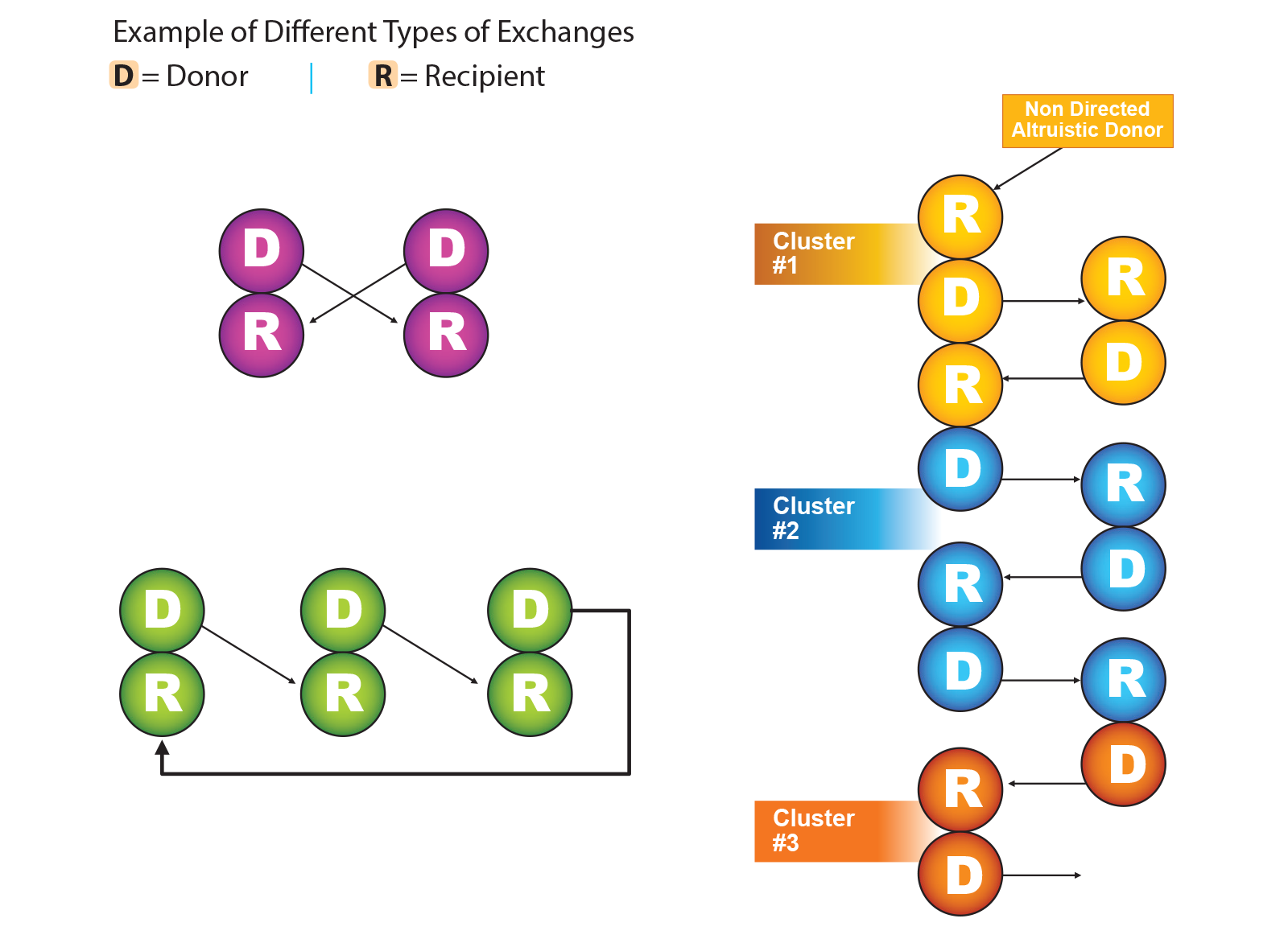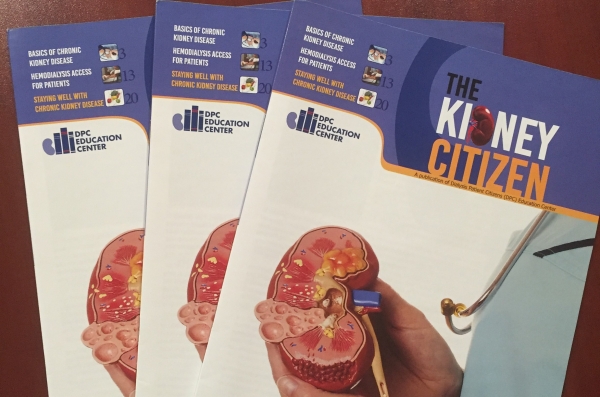News & Events
Discover new information and educational offerings that we provide. Explore our newsletters, blogs and upcoming webinars/conference calls.
Contents:
Vaccine Changes for the 2016-2017 Flu Season
While it feels like summer just started, the Centers for Disease Control has already begun preparation for the next flu season. The CDC’s Advisory Committee on Immunization Practices (ACIP) voted that live attenuate influenza vaccine (LAIV) also known as the “nasal spray” flu vaccine, should not be used during the 2016-2017 flu season. ACIP is a panel of immunization experts that advise the CDC. Their decision to vote against using LAIV is based on data showing poor or relatively lower effectiveness from 2013 to 2016. In late May, preliminary data on the effectiveness of LAIVE among children ages 2 through 17 in the last flu season (2015-2016) showed that LAIV vaccine effectiveness against any flu [...]
University of Maryland Helps Patient Avoid Dialysis Through 28-Person Kidney Swap
If you are currently on the kidney transplant list, you may have heard of paired kidney donation. When a family member or friend who is willing to be a living donor, but is not compatible to their intended recipient they can choose to be part of a paired kidney exchange. The transplant team will work to match another donor and recipient to create a donation “chain.” Frequently you’ll see “chains” in the news with, 9, 14, or even 32 donors and recipients paired together for kidney donations. Recently, the University of Maryland School of Medicine in conjunction with the National Kidney Registry participated in a 28-person paired kidney exchange. One of these patients with polycystic kidney disease (PKD) was able [...]
New Tool Available to Help Patients Choose their Treatment
We frequently hear from dialysis patients about how they were not adequately informed of their treatment options before having to start treatment. While many patients end up “crashing” into dialysis, those who are diagnosed with Chronic Kidney Disease (CKD) early need to begin educating themselves on their treatment options to be prepared for End Stage Renal Disease (ESRD). There are three avenues of treatment you can choose for renal replacement therapy: hemodialysis, peritoneal dialysis, and kidney transplant. While it is possible to receive a transplant before needing dialysis, it is still important to know what those dialysis options are in the event a transplant is not available. Hemodialysis is the most common form of treatment [...]
Acid Blockers Could Damage Kidney Function, Study Finds
Proton Pump Inhibitors (PPI), or medications used to treat gastric issues as heartburn and acid reflux, were prescribed to an estimated 15 million people in the United States in 2013. A recent study from the Journal of the American Society of Nephrology, the Veteran’s Affairs Saint Louis Health Care System and Washington University in St. Louis suggests that long-term use of these drugs could lead to chronic kidney disease. To determine the effects of PPI’s on kidney function, researchers looked at more than 173,000 new users of PPIs over a period of five years. Overtime, it was found that PPI users had a 28 percent increased risk of developing chronic kidney disease and 96 percent more [...]
Is This the Future of ESRD Care? A New Program Goes the Extra Mile for Dialysis Patients
By, Jackson Williams, Government Affairs Director for Dialysis Patient Citizens For more than a decade, officials in Washington, DC have been experimenting with ways to reorganize Medicare to deliver better care at lower costs. Several of these “demonstration projects” have involved ESRD patients. Now, the largest such program for dialysis patients has kicked off at 13 locations across the U.S. It’s called the ESRD Seamless Care Organization, or “ESCO,” model. This article describes what one of these projects, Philadelphia-Camden Integrated Kidney Care, is doing to improve care for its patients. Philadelphia-Camden Integrated Kidney Care covers about 2,000 patients at DaVita clinics in the Philadelphia area. Patients do not enroll in an ESCO; they are assigned to one [...]
What is Preemptive Transplantation?
One potential treatment option when a living donor is involved is a preemptive transplant. This is where you get a transplant before going on dialysis or, in some cases, shortly after. Generally, you won’t be a candidate until your kidney disease has at least progressed to stage 3. Then, you and your donor would go through a quickened evaluation process and set a date for surgery before your kidneys completely fail or shortly after. Preemptive transplantation takes place in 17% of all transplants.[1] The surgery is not for everyone, and some potential barriers include: Some patients believe that dialysis is necessary before transplant Learning about transplant after dialysis has started Not knowing that a [...]
Cystinosis, One of 7,000 Rare Diseases
By Terri Schleuder, VP of Education & Awareness, Cystinosis Research Network Statistically, there are over 7,000 rare diseases in the United States that collectively impact 30,000,000 people. This is the story about one of them, and an important one for kidney disease patients as nearly all cystinosis patients lose their kidney function. Also, recent data suggests a high incidence of underdiagnosis and carriers among dialysis patients. Nephropathic Cystinosis is a rare metabolic, genetic disease that affects about 500 people in the U.S. and about 2,000 worldwide. Cystinosis occurs in a child when he/she inherits the recessive gene, identified in the late 1990’s as the CTNS gene, from each parent. In the general population, only 1 in [...]
Paired Kidney Donation
By Emily Pruitt RN, MSN Living Donor Coordinator, Christiana Care Health System Paired Kidney Donation is an alternative option given to those who are not directly compatible with their recipient. Some transplant programs participate in Paired Kidney Donation, which allows an incompatible donor to still help their loved one who is in need of a kidney transplant. Paired Kidney Donation allows more recipients to have the benefit of living donor kidneys and provides a way for motivated, healthy living donors to still help his or her potential recipient. Essentially, Paired Kidney Donation works by allowing a blood type or crossmatch incompatible kidney transplant recipient and their donor to exchange kidneys with other donor/recipient pairs who [...]
Living Well on Dialysis
If you receive dialysis treatments for kidney disease, you probably spend a lot of time focused on your physical health. That’s important -- but so, too, is your mental and emotional well-being. Dialysis is life-saving, but it’s also life-changing. Still, by taking charge of your emotional health -- and accepting help when you need it -- you can live a rewarding life on dialysis. Rollercoaster Emotions Dialysis requires significant time and effort. In addition to the considerable time spent traveling to and from appointments and receiving treatment itself, people receiving dialysis must carefully monitor their diet and fluid intake. It’s a lot of work, and it takes time to adapt to the changes. When [...]
Penn Researchers Find Females More Resistant to Organ Damage Following Kidney Transplant
After receiving a kidney transplant, women may be less likely than men to experience damage to the new organ from the stopping and starting of blood flow during the procedure. This may be due to gender-specific hormones, according to a new preclinical study and an analysis of patient data published online in the Journal of Clinical Investigation from researchers at the Perelman School of Medicine at the University of Pennsylvania. The stopping and starting of blood flow to an organ can cause tissue damage called ischemia reperfusion injury (IRI), which is a common cause of kidney injury. Specifically in kidney transplantation, this damage can be severe enough to cause a condition known as delayed graft [...]
Report Suggests Paying Kidney Donors Could Increase the Number of Donors
Within the past 12 years, more than 63,000 patients in the United States have died waiting for a kidney transplant, while more than 100,000 currently remain on the transplant list. Meanwhile, the amount of living kidney donors in 2015 only reached a little over 5,000. Now, a new study from the University of Florida College of Medicine suggests offering compensation to living donors could increase the likelihood of kidney donations, which is currently prohibited. In a survey of 1,011 registered voters, 59 percent of respondents would be more likely to donate a kidney if offered $50,000, while 32 percent of respondents were indifferent. The report also supports the concept by citing other paid medical procedures, such as [...]

